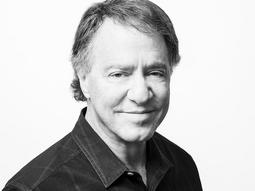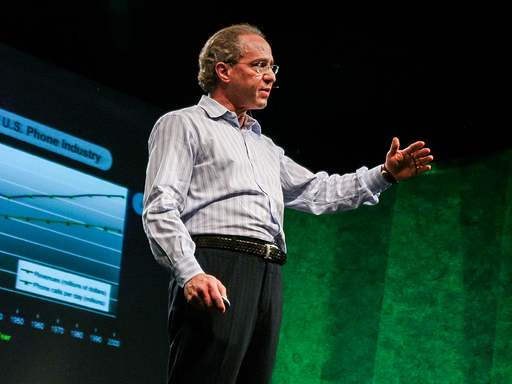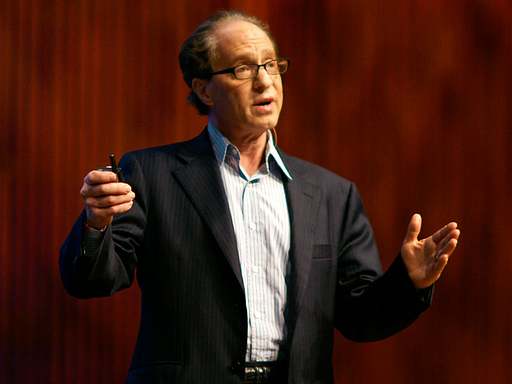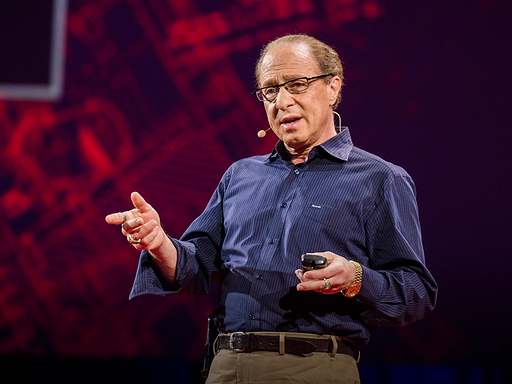Explorers: Notes on Session 8 of TED2024
From redefining the boundaries of artificial intelligence to unraveling the mysteries of the human genome, Session 8 of TED2024 inspired us to reimagine our relationship with technology and its impact on society. This session’s explorers offered profound insights into the intersection of technology and human experience — and envisioned a future where innovation fosters greater […]
Continue reading




